 Louisiana law awards damages awarded for injuries caused by the intentional, negligent or reckless act of another. These damages are determined by the finder of fact – a jury or judge – after hearing the evidence presented at trial. Even if the factfinder finds that the defendant is at fault, sometimes it is not clear cut what type of damages should be awarded and what amount is proper. A recent case out of Livingston Parish demonstrates how courts in Louisiana allocate damages in personal injury cases.
Louisiana law awards damages awarded for injuries caused by the intentional, negligent or reckless act of another. These damages are determined by the finder of fact – a jury or judge – after hearing the evidence presented at trial. Even if the factfinder finds that the defendant is at fault, sometimes it is not clear cut what type of damages should be awarded and what amount is proper. A recent case out of Livingston Parish demonstrates how courts in Louisiana allocate damages in personal injury cases.
Vandi McMurry was involved in a motor vehicle accident with James Commander, who was insured by Louisiana Farm Bureau Casualty Insurance Company. The Trial Court awarded McMurry a $25,000 lump sum award in general and special damages. General and special damages are the most common types of damages awarded in personal injury cases. General damages are the natural result of the defendant’s wrongful actions. Special damages compensate an injured party for actual financial losses. McMurry appealed the judgment to the Louisiana First Circuit Court of Appeal, arguing the Trial Court erred in granting a lump sum and the award should have been higher.
In Louisiana, the factfinder has discretion when it awards damages because it can best evaluate witness credibility and examine the evidence. See La. C.C. art. 2324.1. A court of appeal will normally not a modify a trial court’s damage awards. See O’Connor v. Litchfield, 864 So.2d 234, 237 (La. Ct. App. 2003). A lump sum judgment generally awards all claimed damages. In Louisiana, a trial court is not required to itemize the damages and does not err by granting a lump sum award.
 Louisiana Personal Injury Lawyer Blog
Louisiana Personal Injury Lawyer Blog


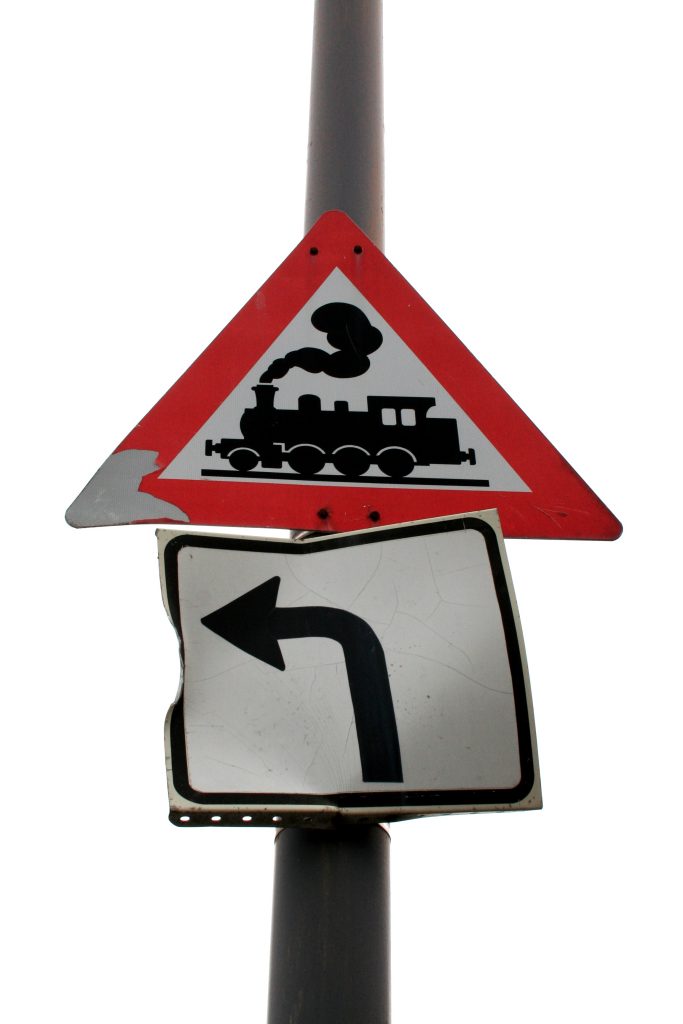 When a driver fails to satisfy the standard of care, the driver’s negligence during an automobile accident may be considered in a lawsuit. The standard of care is the amount of caution that must be exercised by a person who is under a duty of care. A case out of Ouachita Parish demonstrates the special rules that a left-turning driver must follow and the presumption of negligence that attaches to a left-turning driver.
When a driver fails to satisfy the standard of care, the driver’s negligence during an automobile accident may be considered in a lawsuit. The standard of care is the amount of caution that must be exercised by a person who is under a duty of care. A case out of Ouachita Parish demonstrates the special rules that a left-turning driver must follow and the presumption of negligence that attaches to a left-turning driver.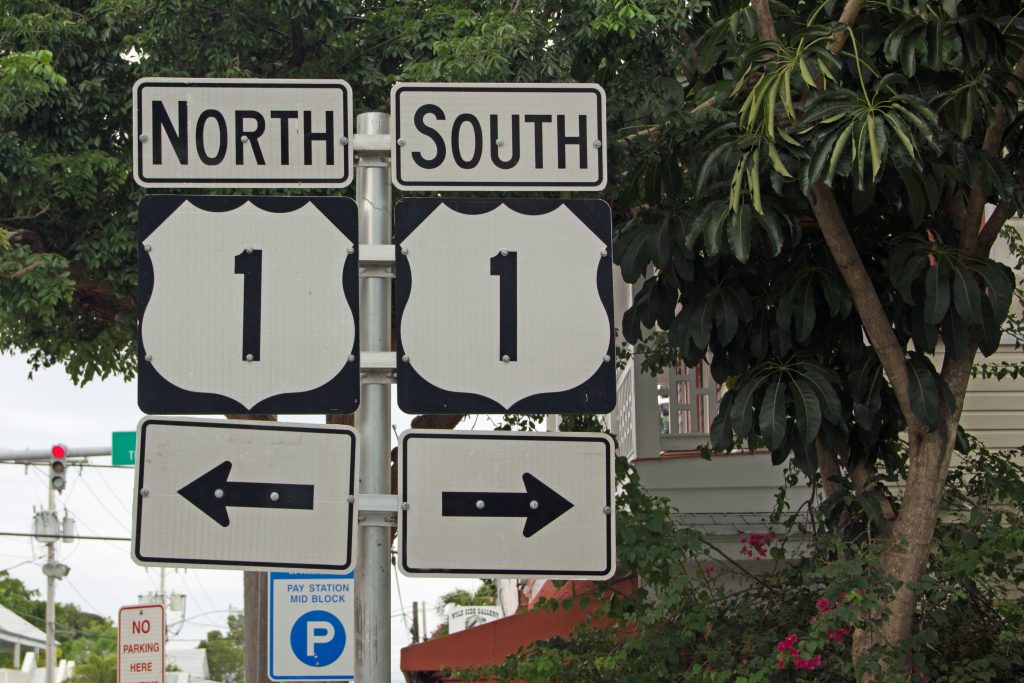 In recent years, many have reported on America’s crumbling infrastructure. Reports show roads, bridges, and dams in disrepair, and raise significant questions about whether governments are applying appropriate modern standards when it comes to our infrastructure. In a recent case, the plaintiffs alleged that the Louisiana Department of Transportation and Development contributed to the death of a teenager in failing to apply appropriate standards in the Highway 923 overlay project. In this case, the Louisiana Third Circuit Court of Appeal discusses some of the evidentiary issues involved in establishing legal liability.
In recent years, many have reported on America’s crumbling infrastructure. Reports show roads, bridges, and dams in disrepair, and raise significant questions about whether governments are applying appropriate modern standards when it comes to our infrastructure. In a recent case, the plaintiffs alleged that the Louisiana Department of Transportation and Development contributed to the death of a teenager in failing to apply appropriate standards in the Highway 923 overlay project. In this case, the Louisiana Third Circuit Court of Appeal discusses some of the evidentiary issues involved in establishing legal liability.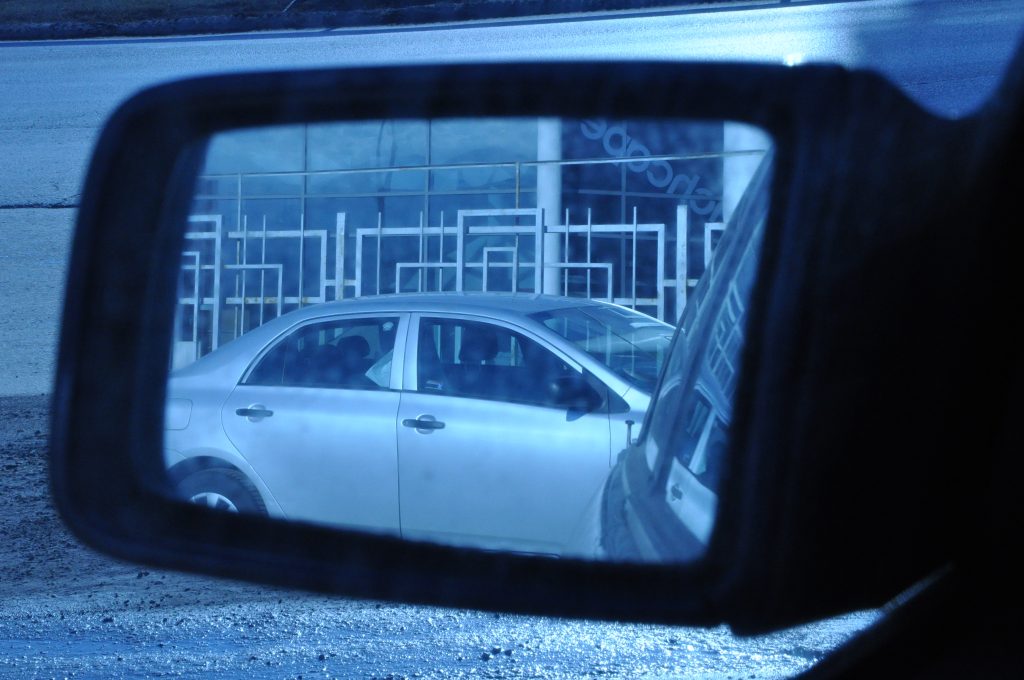 In Louisiana, uninsured motorist coverage is mandatory. It seeks to protect drivers from motorists with no or insufficient liability coverage to pay for the damage they cause in accidents. In Louisiana, uninsured motorist coverage guarantees that anyone who purchases insurance on their car will automatically benefit from uninsured motorist coverage equal to the liability limits. This does not mean, however, that insurance companies can’t limit the scope of their uninsured motorist coverage. When coverage is denied, and lawsuits are filed, often times the issue is whether the accident falls within the insurer’s policy. A recent lawsuit in the Louisiana Fifth Circuit Court of Appeal is illustrative.
In Louisiana, uninsured motorist coverage is mandatory. It seeks to protect drivers from motorists with no or insufficient liability coverage to pay for the damage they cause in accidents. In Louisiana, uninsured motorist coverage guarantees that anyone who purchases insurance on their car will automatically benefit from uninsured motorist coverage equal to the liability limits. This does not mean, however, that insurance companies can’t limit the scope of their uninsured motorist coverage. When coverage is denied, and lawsuits are filed, often times the issue is whether the accident falls within the insurer’s policy. A recent lawsuit in the Louisiana Fifth Circuit Court of Appeal is illustrative.  When you are in a motor vehicle accident, there are many issues that can arise as to the issue of fault and whose version of events is more reliable. Conflicting versions of what happened can make it difficult for the court to assign fault. It is thus important to always be aware of your surroundings and the laws of driving a motor vehicle, as illustrated in the following case.
When you are in a motor vehicle accident, there are many issues that can arise as to the issue of fault and whose version of events is more reliable. Conflicting versions of what happened can make it difficult for the court to assign fault. It is thus important to always be aware of your surroundings and the laws of driving a motor vehicle, as illustrated in the following case. 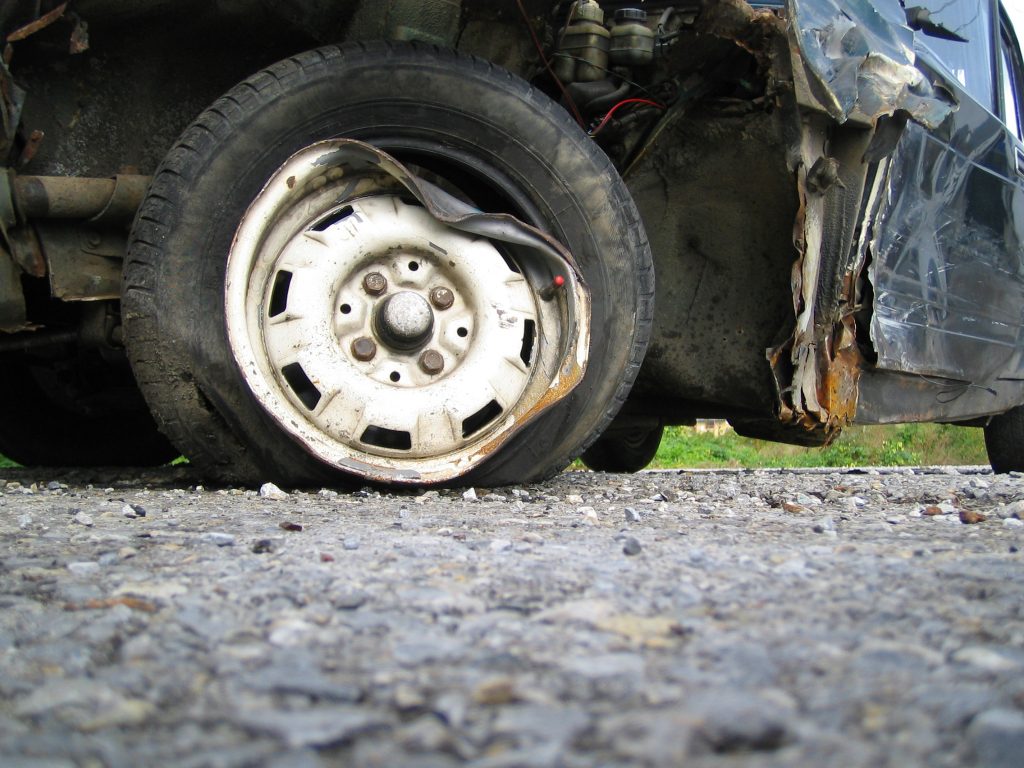 Kenneth White’s road trip from Monroe to Shreveport, Louisiana wasn’t exactly uneventful. The Monroe man was involved in a traffic accident that led to a legal battle between insurance companies. White’s insurance dispute led to a significant change in the law, as the Court of Appeal held that a major auto carrier’s contract provision violated public policy.
Kenneth White’s road trip from Monroe to Shreveport, Louisiana wasn’t exactly uneventful. The Monroe man was involved in a traffic accident that led to a legal battle between insurance companies. White’s insurance dispute led to a significant change in the law, as the Court of Appeal held that a major auto carrier’s contract provision violated public policy.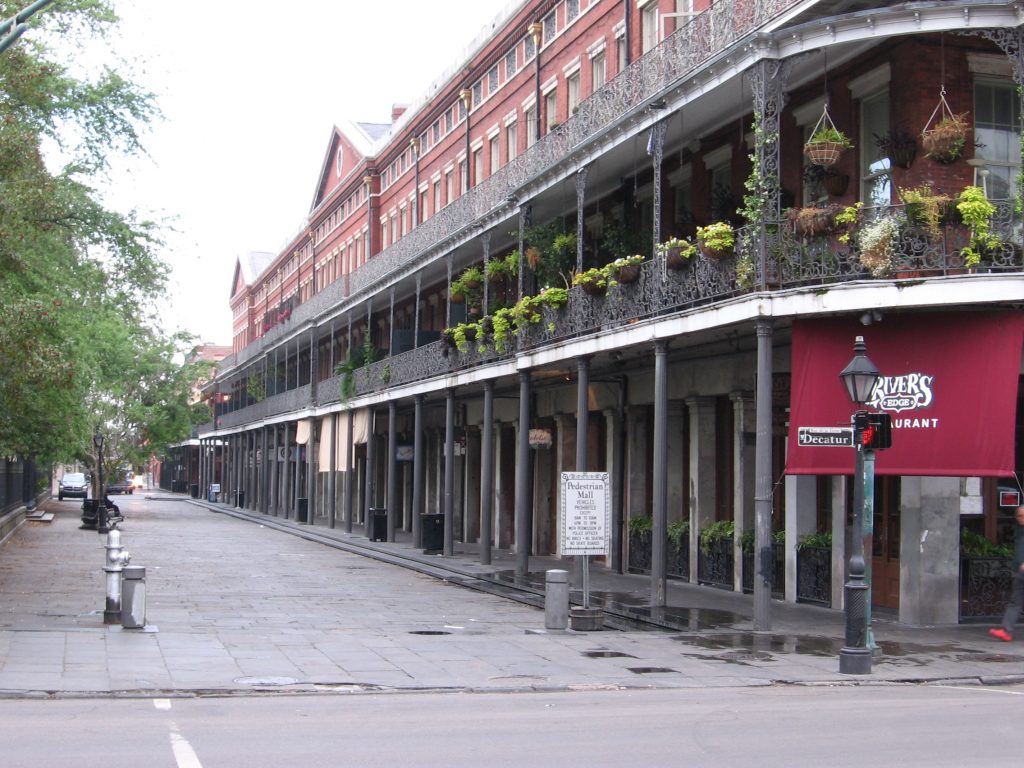 How familiar are you with your motorist insurance policy? Are you fully covered for uninsured/underinsured motorist coverage? In Louisiana, uninsured motorist coverage protects you if you’re in an accident with an at-fault driver who doesn’t carry liability insurance. Underinsured motorist coverage, on the other hand, steps in when you’re in an accident with an at-fault driver whose liability limits are too low to cover the damage or medical expenses. Every insurance policy in Louisiana is considered to include uninsured/underinsured motorist coverage unless it is validly rejected. In a recent case, the Louisiana Fourth Circuit Court of Appeal found that an electronic signature on an online form was valid to uphold an insurance policy.
How familiar are you with your motorist insurance policy? Are you fully covered for uninsured/underinsured motorist coverage? In Louisiana, uninsured motorist coverage protects you if you’re in an accident with an at-fault driver who doesn’t carry liability insurance. Underinsured motorist coverage, on the other hand, steps in when you’re in an accident with an at-fault driver whose liability limits are too low to cover the damage or medical expenses. Every insurance policy in Louisiana is considered to include uninsured/underinsured motorist coverage unless it is validly rejected. In a recent case, the Louisiana Fourth Circuit Court of Appeal found that an electronic signature on an online form was valid to uphold an insurance policy. 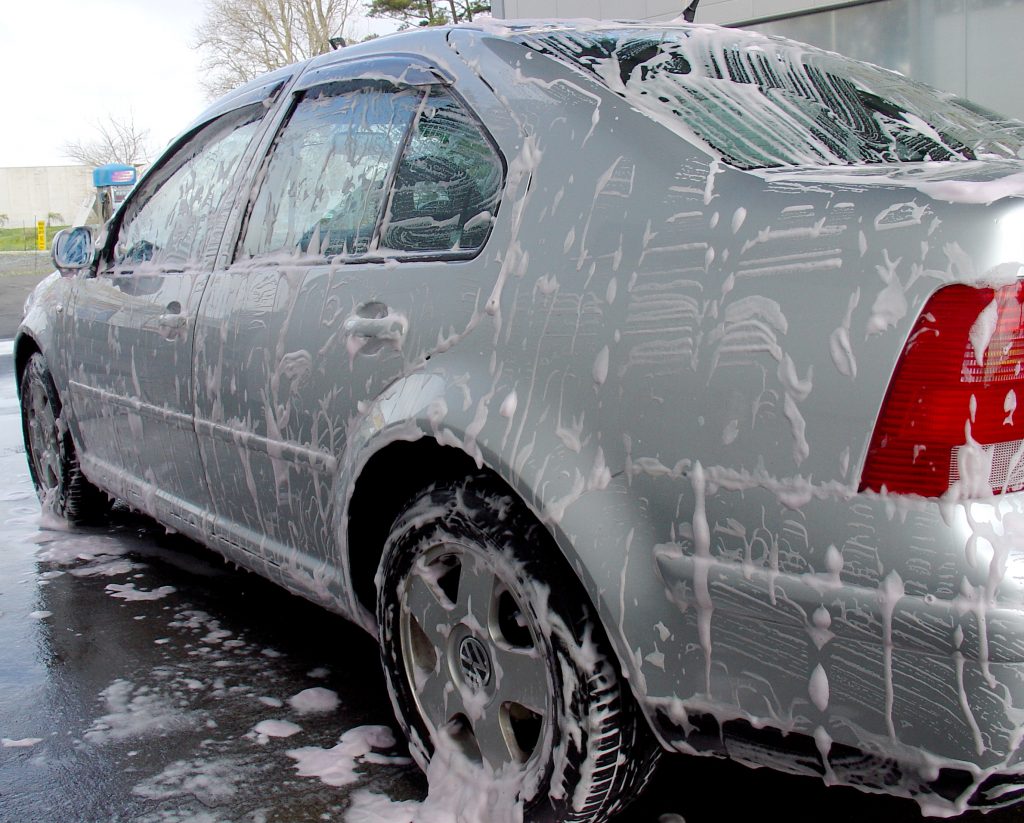 Reasonable minds could perhaps agree that “reasonableness” is a word not easily defined. What is reasonable to one person may or may not be reasonable to another. Yet, “reasonableness” is often the term used to measure the soundness of lower courts’ decisions on appeal. And in the case at hand, a “reasonable” conclusion by one person completely barred an entire personal injury lawsuit against multiple parties.
Reasonable minds could perhaps agree that “reasonableness” is a word not easily defined. What is reasonable to one person may or may not be reasonable to another. Yet, “reasonableness” is often the term used to measure the soundness of lower courts’ decisions on appeal. And in the case at hand, a “reasonable” conclusion by one person completely barred an entire personal injury lawsuit against multiple parties. When it comes to road safety, you can only rely on yourself. Know the rules of the road and always take precautions. In a recent case, a car accident dispute was brought to court to determine the liability of the parties. The case explains the responsibilities of motorists in Louisiana and why you should only rely on yourself for proper road safety and not assume that everyone else will take adequate precautions. The plaintiffs in a recent case learned this lesson the hard way.
When it comes to road safety, you can only rely on yourself. Know the rules of the road and always take precautions. In a recent case, a car accident dispute was brought to court to determine the liability of the parties. The case explains the responsibilities of motorists in Louisiana and why you should only rely on yourself for proper road safety and not assume that everyone else will take adequate precautions. The plaintiffs in a recent case learned this lesson the hard way. The law often hinges on technicalities, which is why technical accuracy is critical in ensuring that all parties to a lawsuit have a fair and adequate understanding of the issue and that courts operate efficiently. Despite this importance, courts do not want justice to be skirted on the sole basis of a technical error. The Second Circuit Court of Louisiana emphasized this sentiment when it allowed a woman to recover damages for battery, despite the fact that she only alleged negligence in her pleadings. The court was able to do so under Louisiana’s fact-pleading system which allows recovery as long as the facts necessary to establish a claim are pled.
The law often hinges on technicalities, which is why technical accuracy is critical in ensuring that all parties to a lawsuit have a fair and adequate understanding of the issue and that courts operate efficiently. Despite this importance, courts do not want justice to be skirted on the sole basis of a technical error. The Second Circuit Court of Louisiana emphasized this sentiment when it allowed a woman to recover damages for battery, despite the fact that she only alleged negligence in her pleadings. The court was able to do so under Louisiana’s fact-pleading system which allows recovery as long as the facts necessary to establish a claim are pled.